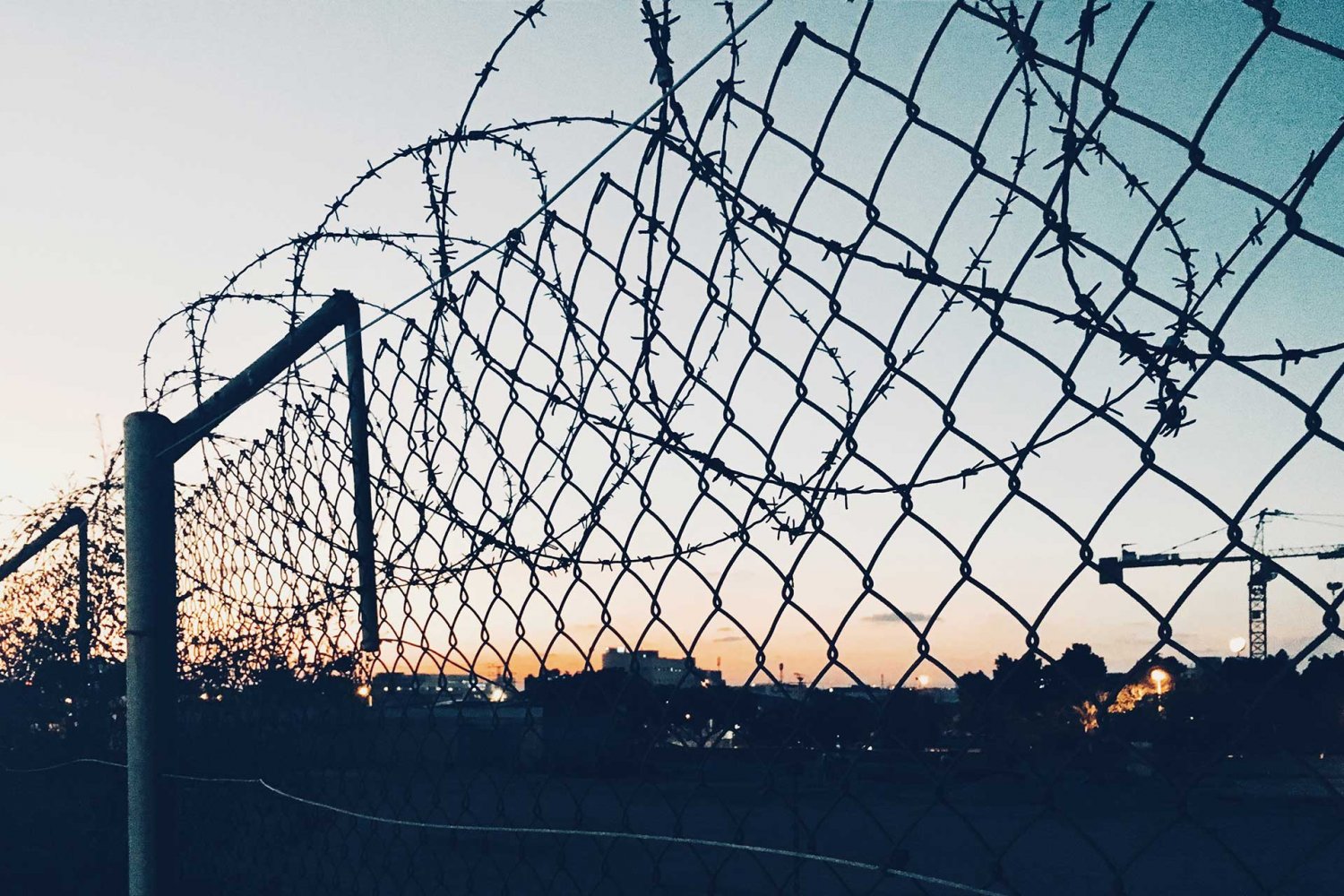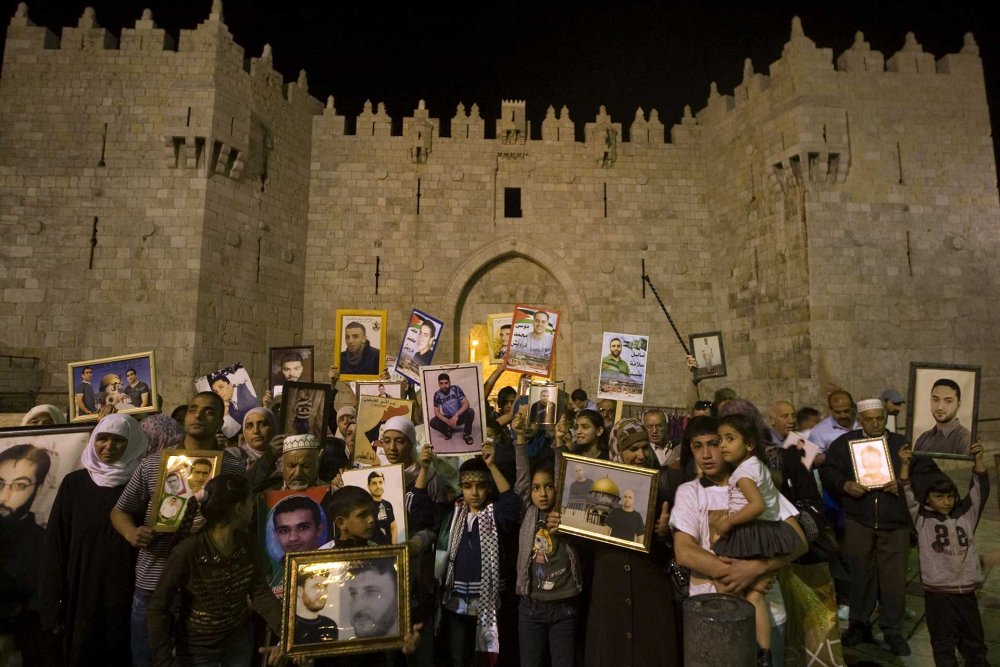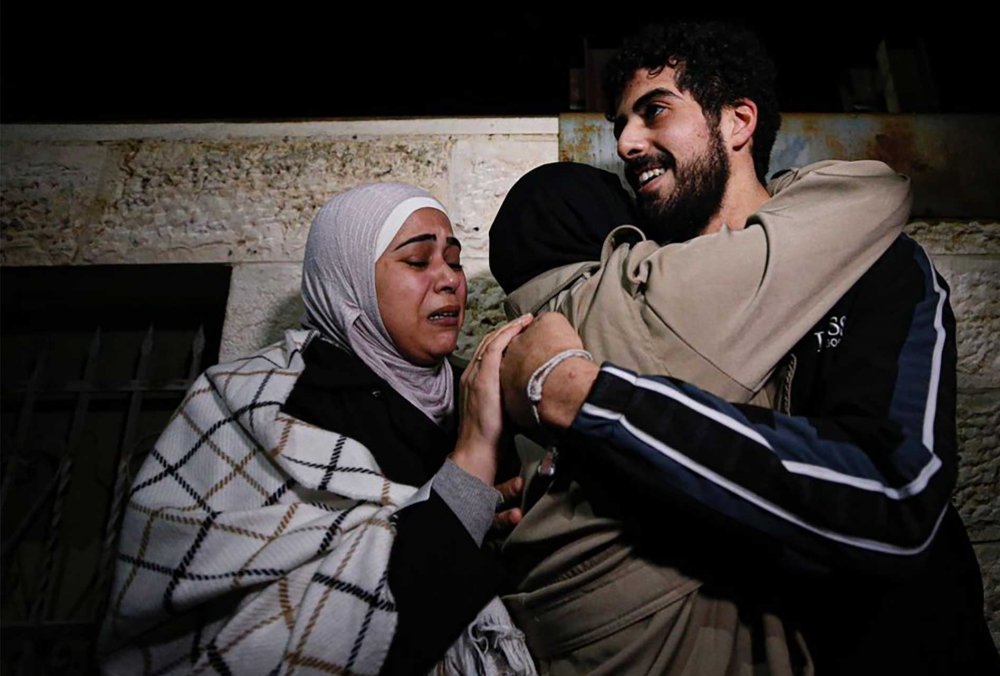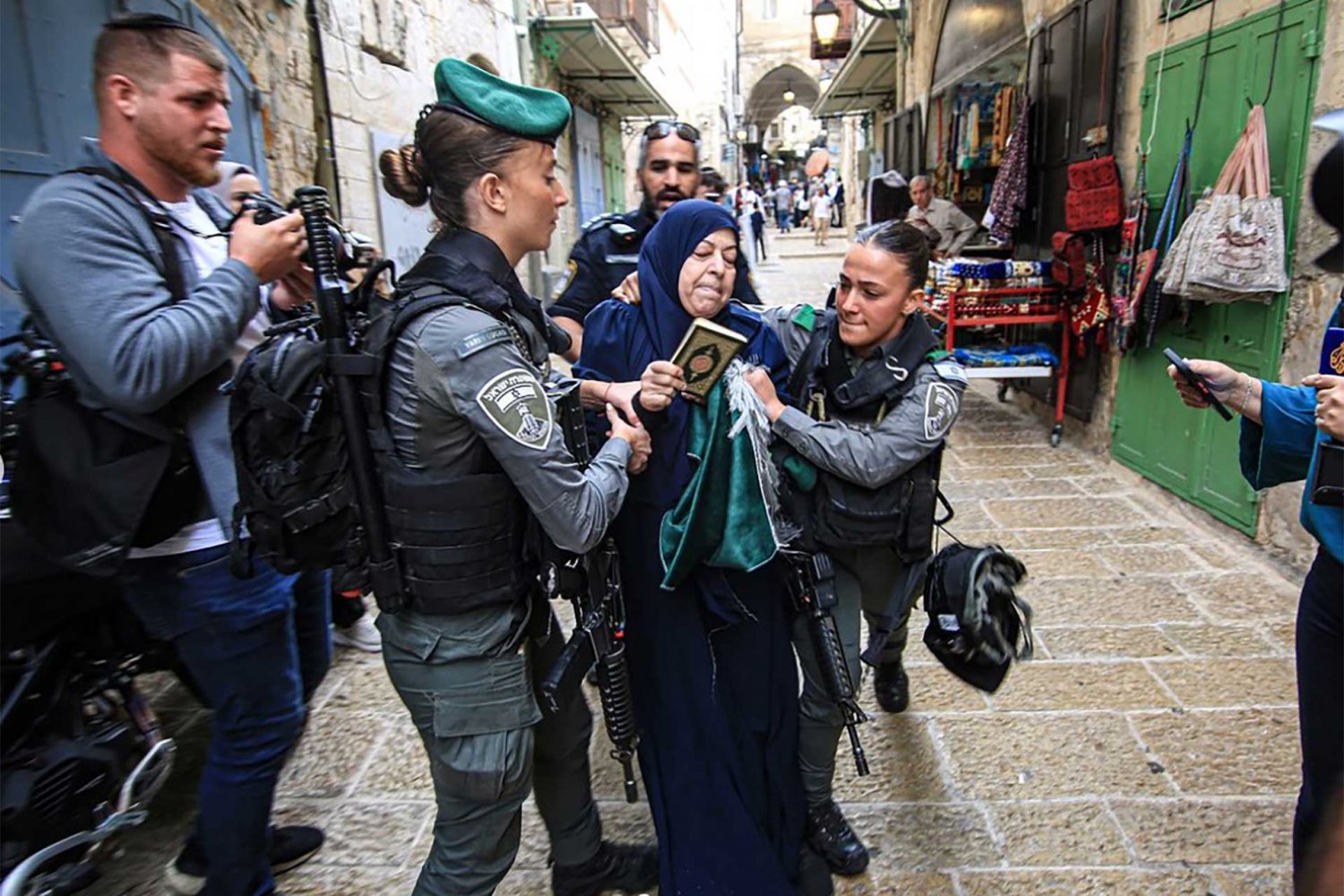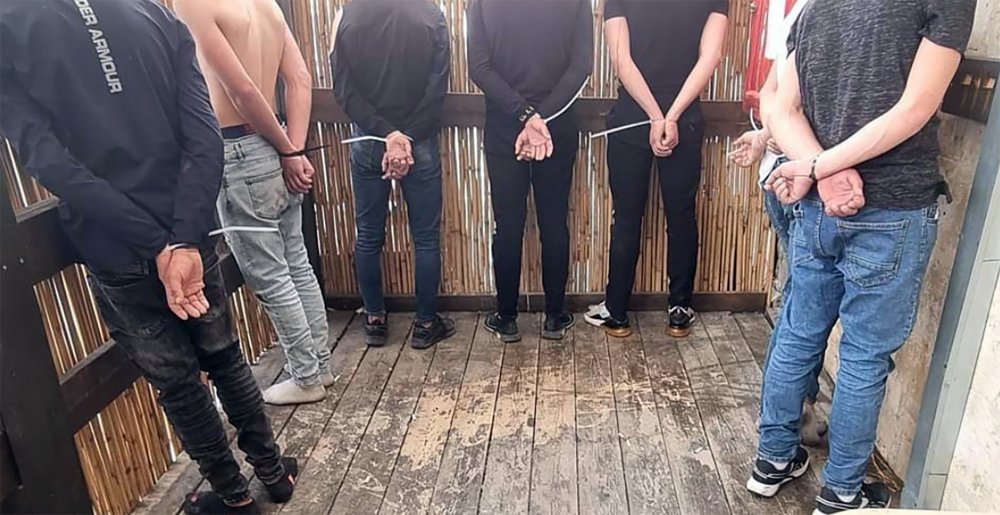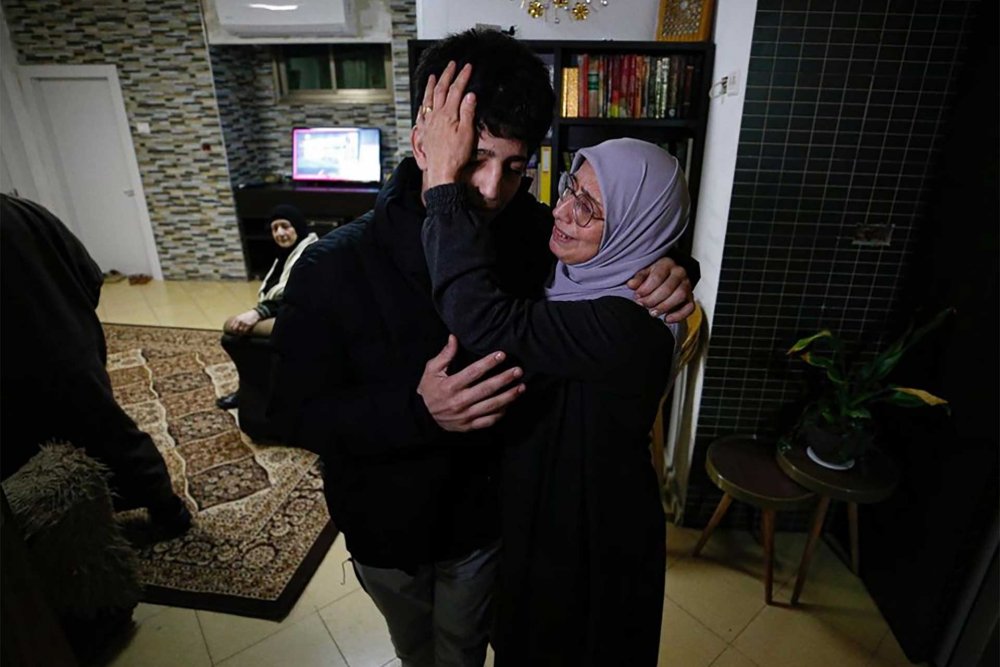The persecution of Jerusalemite prisoners does not stop at humiliation and abuse during and after their arrest. Israel is also intensifying efforts to strip them of their permanent-resident status and seeking ways to facilitate that drastic step. For example, on Thursday, February 15, 2024, Israeli Minister of Interior Moshe Arbel announced that he had revoked the permanent-residency status of prisoner Majd al-Jubeh for “breach of loyalty,” allegedly for belonging to Hamas and being an active leader in the city.3 Al-Jubeh, a father of five, works as the imam of the al-Adna al-Hamra Mosque in the Old City. Al-Jubeh’s family awaits the final decision on this matter from the Israeli attorney general Gali Baharav-Miara. Arbel did the same to Jerusalemite prisoner Rashid al-Rashq, who stands accused of belonging to a Hamas military unit planning attacks on Israelis.
Moreover, Abu Asab revealed that officers from the Israeli intelligence agencies summoned many Jerusalemite Palestinians during the war and informed them that their names were on a list of 200 Jerusalemites who could have their permanent-resident status revoked. Consequently, this decision would cause them to lose their right to reside in the holy city.
“The law is loose and gives the intelligence officer the authority to recommend to the minister of interior to revoke residency rights and expel the Palestinians from their city,” Abu Asab said.
As for the violations endured by Jerusalemite prisoners within prison walls since October 7, Abu Asab said that in addition to confiscating televisions, radios, and electronics from all sections, the prisoners have suffered the most from suppression. Special units were introduced to torture and humiliate them, isolating them from the outside world. Additionally, the prisoners were forced to kiss the Israeli flag and the guards’ shoes to humiliate them. The guards also focused several of their insults at the Palestinian resistance, factions, and their symbols.
“Children and elderly alike were beaten and treated like young men. Copies of the Quran were seized and communal prayers, and sometimes individual ones, were prohibited . . . Some of the released prisoners told us that the prisoners’ hands were tied behind their backs, their feet forward, and they were all thrown on their faces, while guards and officers attacked them around the clock,” Abu Asab added.

